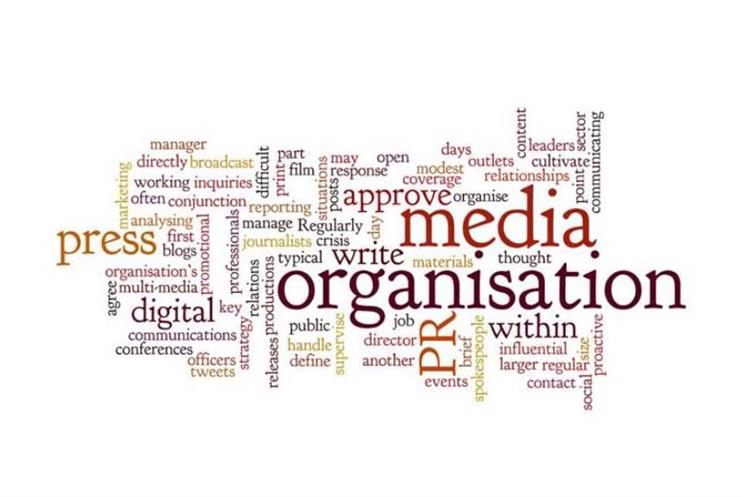
Unveiling the Dark Web’s Role in Protecting Activists Worldwide
The dark web, often synonymous with illicit activities, also plays a crucial, albeit underappreciated, role in safeguarding activists around the globe. Its anonymity and encrypted communications create a sanctuary for individuals and groups operating in oppressive regimes where freedom of speech and privacy are severely restricted. In countries where authoritarian governments monitor and suppress dissent, the dark web provides a critical alternative to conventional communication channels. Activists can use it to organize, disseminate information, and connect with supporters without the fear of being tracked or arrested. One of the most notable examples of the dark web’s protective capacity is its role in the Arab Spring. During this period, activists utilized encrypted platforms to coordinate protests and share real-time updates without detection. These encrypted channels offered a layer of security that was essential for bypassing state surveillance and censorship.
In regions like China and Iran, where online dissent is heavily policed, the hidden wiki dark web has enabled activists to evade government surveillance, continue their advocacy, and expose human rights abuses without immediate retribution. Moreover, the dark web’s role extends beyond merely facilitating communication. It also serves as a repository for sensitive information that could be crucial for international awareness and intervention. Whistleblowers and investigative journalists often rely on dark web platforms to leak documents and evidence of corruption or human rights violations without risking their safety. This has been particularly important in cases where traditional media outlets are censored or controlled by the state. However, it is essential to acknowledge the complexities and dualities of the dark web. While it undoubtedly provides a vital lifeline for activists, it is also a space where illegal and dangerous activities flourish.
The same anonymity that protects activists can also shield malicious actors, which complicates efforts to navigate and regulate this digital frontier. Ensuring the dark web remains a haven for those who genuinely need it requires a delicate balance between preserving privacy and combating illicit activities. Despite these challenges, the dark web’s role in defending activists highlights its importance in the global struggle for human rights and freedom. By providing a platform for anonymous communication and secure information sharing, it empowers individuals to challenge oppressive systems and advocate for change. The protection it offers activists worldwide underscores the necessity of safeguarding this digital realm as a crucial tool in the fight against authoritarianism and censorship. As technology evolves, the continued protection and ethical use of the dark web will be essential in supporting those who risk everything for the cause of justice and freedom.

 Let’s face it, in the world of business, perception matters. A metal card, by virtue of its material and craftsmanship, exudes luxury and sophistication. It suggests that you’re not just another player in the field but someone who’s invested in their brand and reputation.
Let’s face it, in the world of business, perception matters. A metal card, by virtue of its material and craftsmanship, exudes luxury and sophistication. It suggests that you’re not just another player in the field but someone who’s invested in their brand and reputation.



